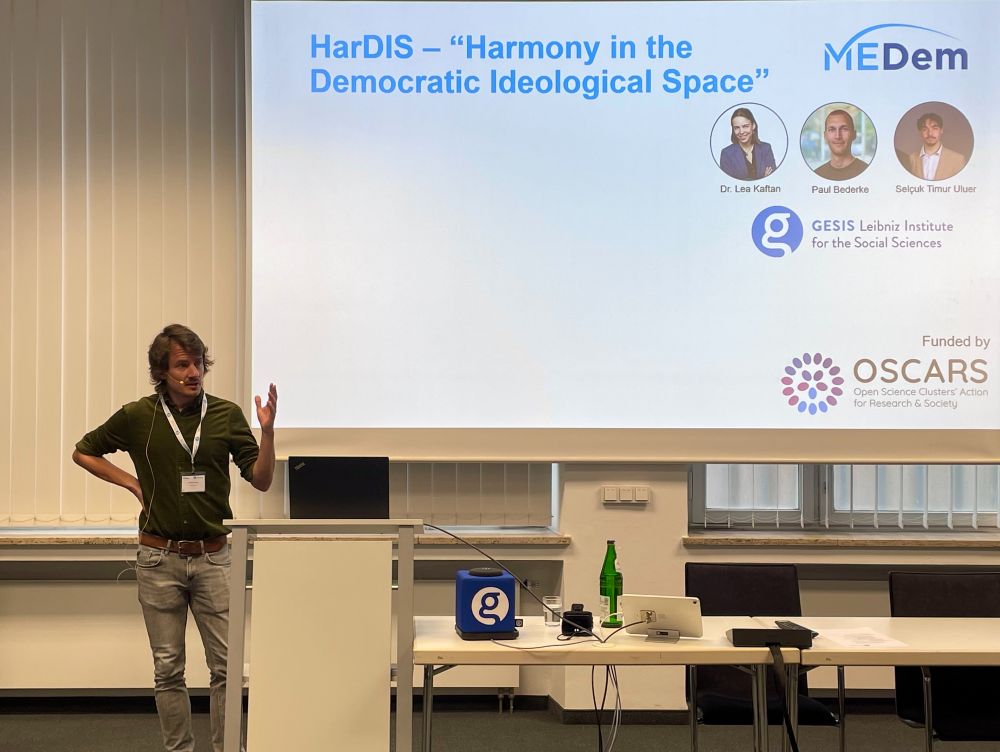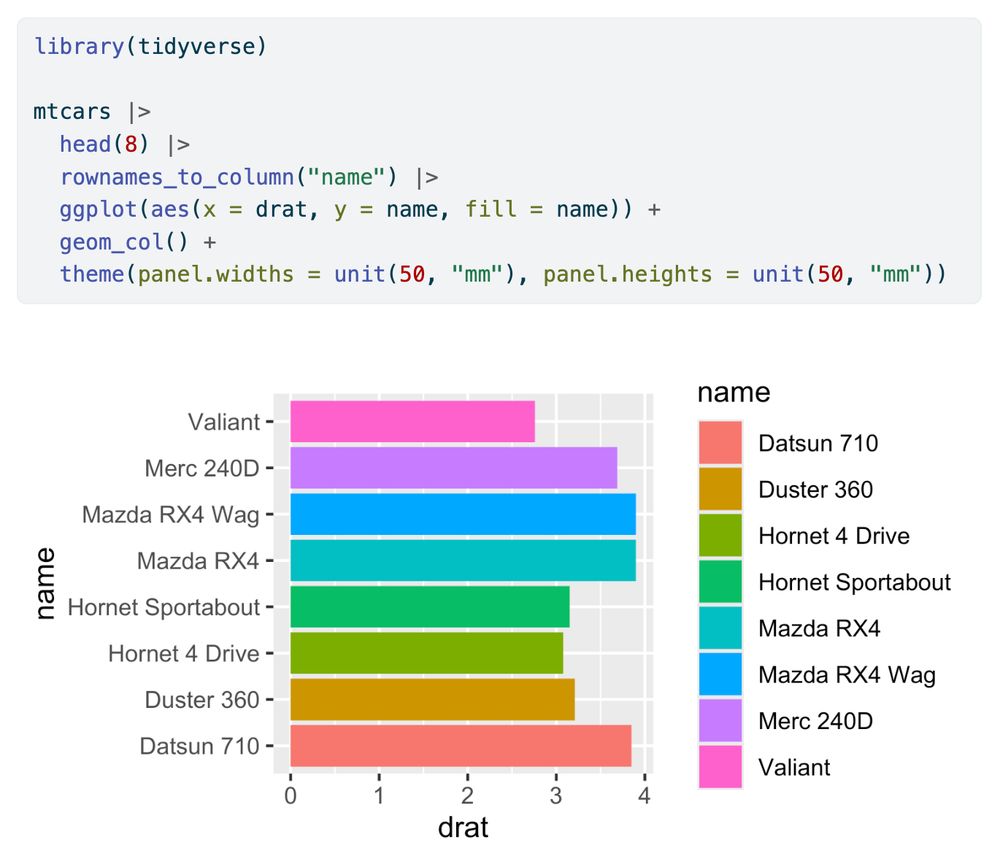Johannes B. Gruber
@jbgruber.bsky.social
1.3K followers
950 following
410 posts
Senior Researcher @gesis.org // Data Editor @polcommjournal.bsky.social
🔎 political communication (#polsky + #commsky) with text analysis and #rstats (#opendata + #openscience)
🌏 JohannesBGruber.eu
👨💻 research software github.com/JBGruber
Posts
Media
Videos
Starter Packs
Pinned
Reposted by Johannes B. Gruber
Reposted by Johannes B. Gruber
Reposted by Johannes B. Gruber
Reposted by Johannes B. Gruber
Reposted by Johannes B. Gruber
Reposted by Johannes B. Gruber
Reposted by Johannes B. Gruber
Reposted by Johannes B. Gruber
Reposted by Johannes B. Gruber
Reposted by Johannes B. Gruber
Reposted by Johannes B. Gruber
Reposted by Johannes B. Gruber
Reposted by Johannes B. Gruber























